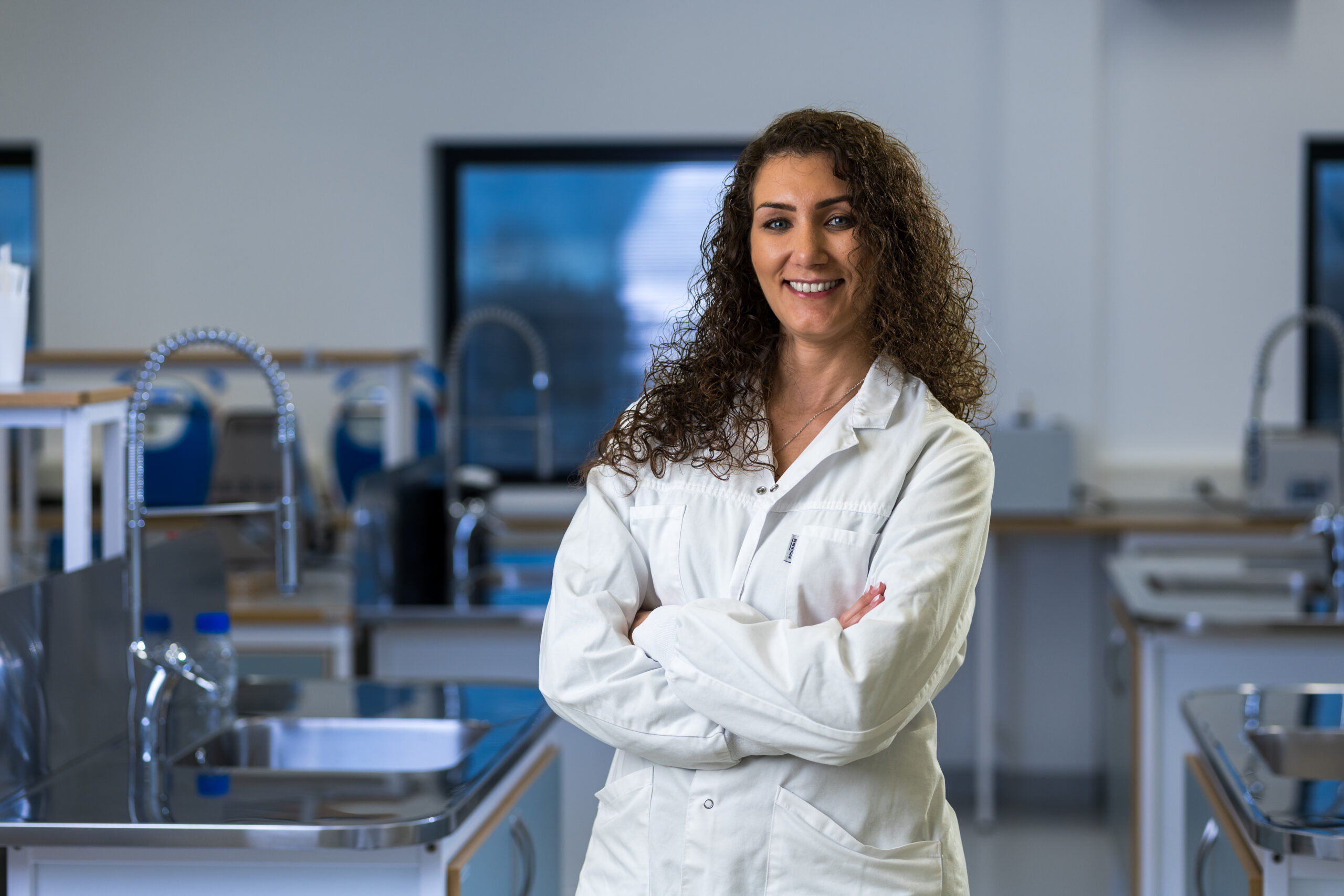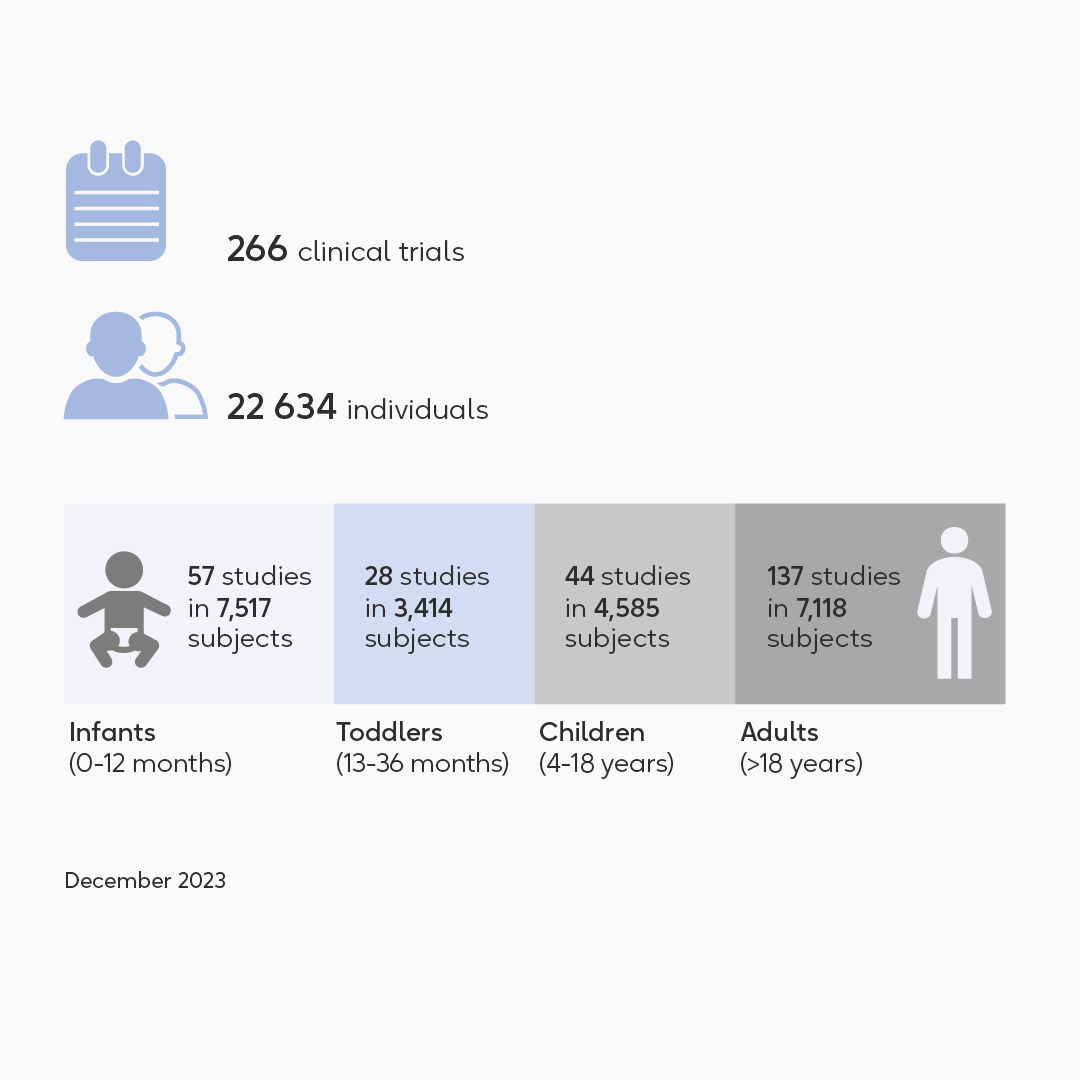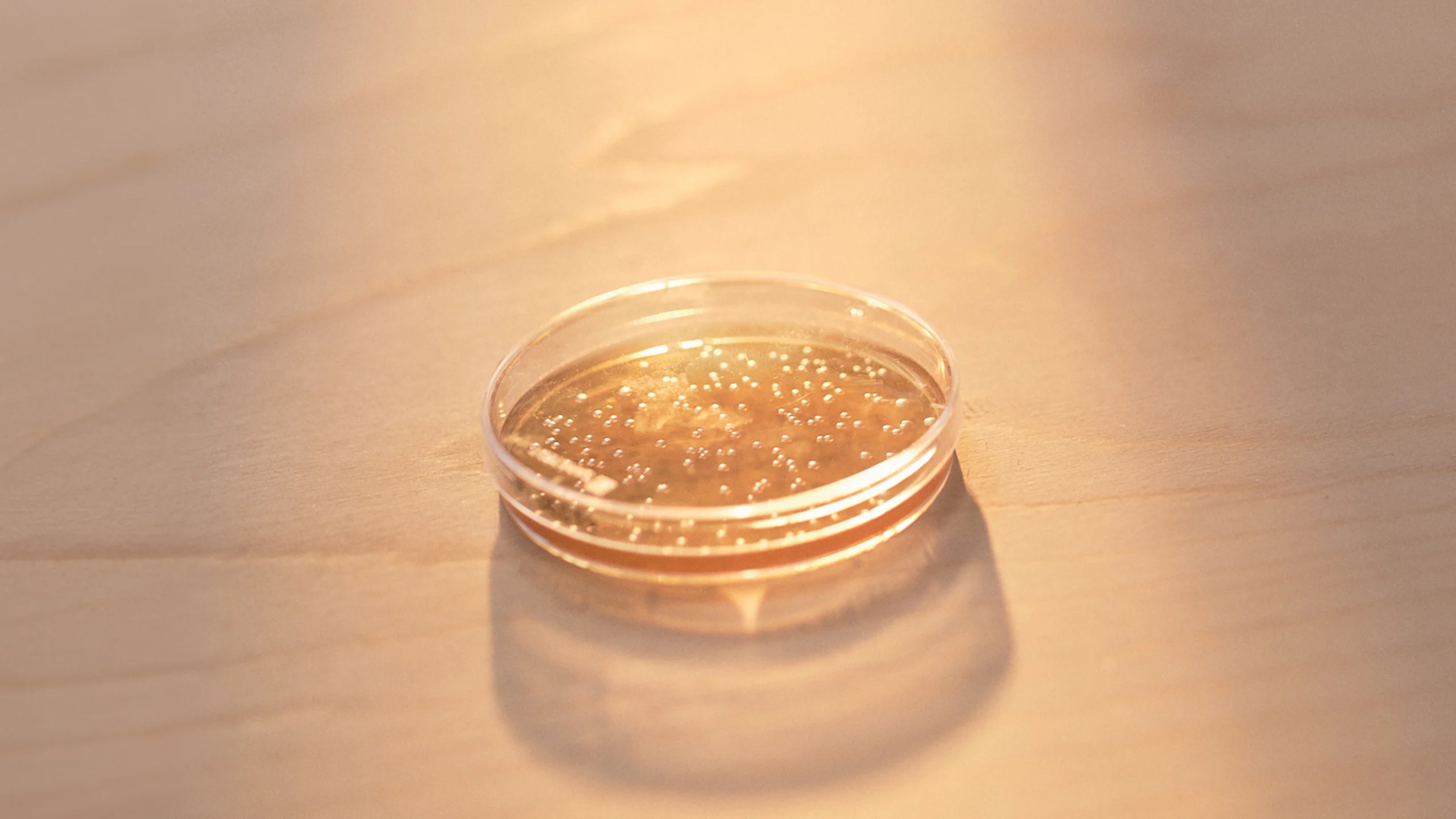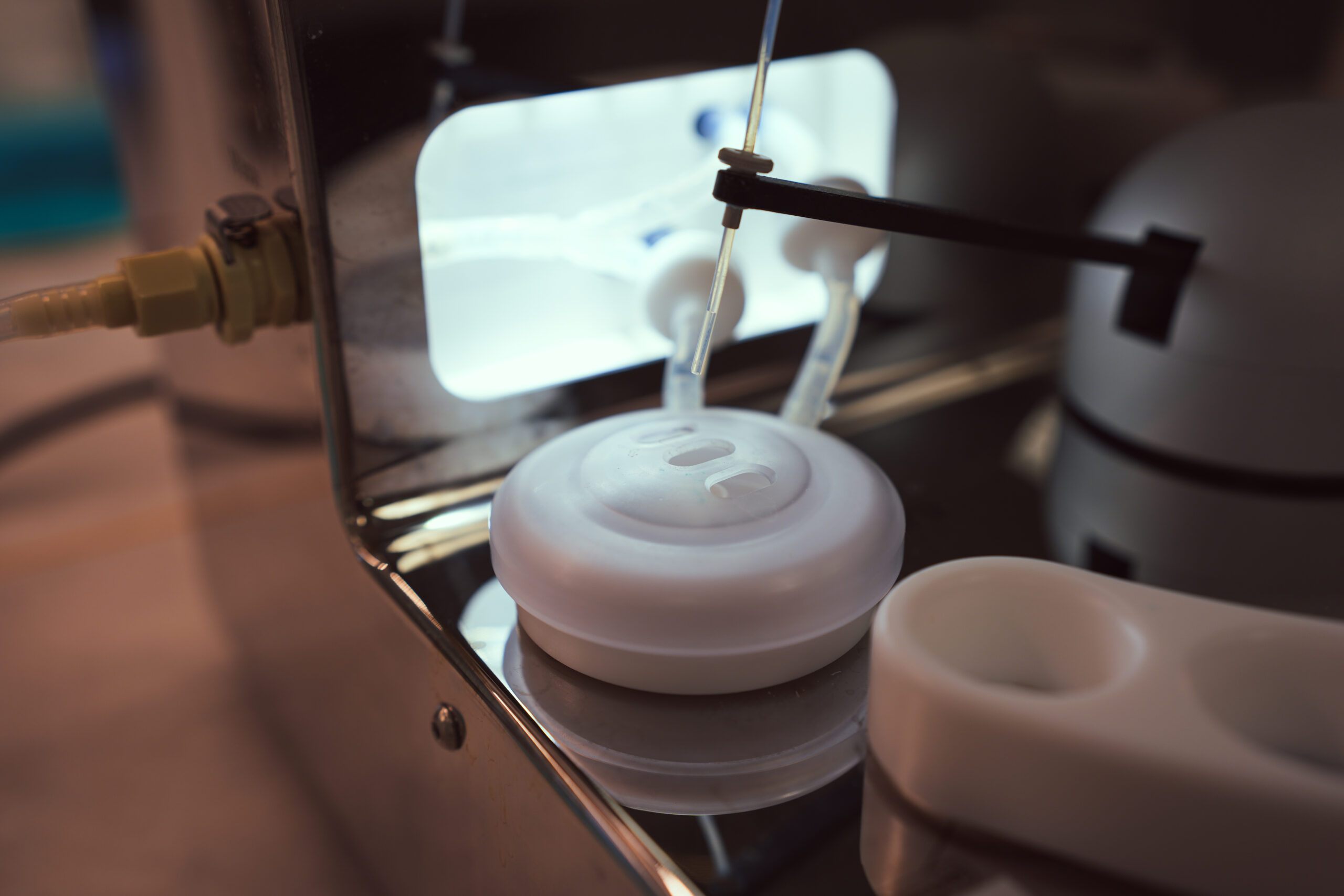BioGaia: The Forefront of Microbial Health Innovation
BioGaia is a Swedish healthcare company that has been at the forefront of microbiome research for over three decades.
Our dedication to understanding and harnessing the power of beneficial bacteria has led us to develop probiotic products featuring Limosilactobacillus reuteri (formerly known as Lactobacillus reuteri), renowned as one of the most scientifically validated probiotics globally.
Note, there has been taxonomy name change from Lactobacillus to Limosilactobacillus and you will find both names throughout the content.





 Introducing L. reuteri: One of the world’s most studied probiotic
Introducing L. reuteri: One of the world’s most studied probiotic
